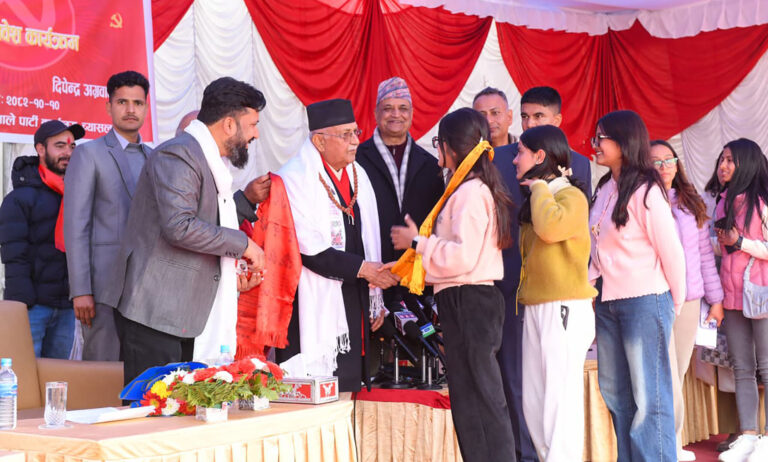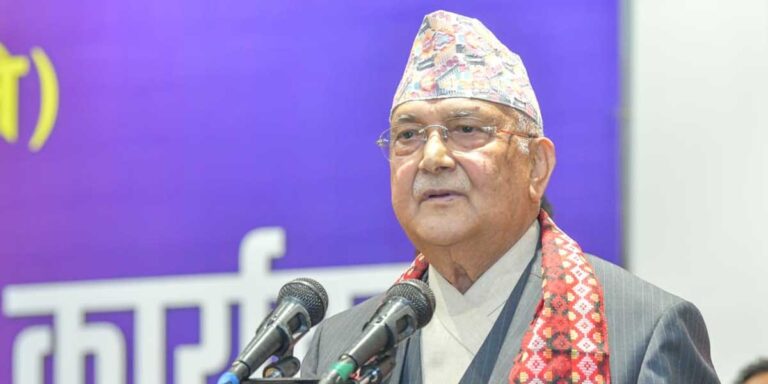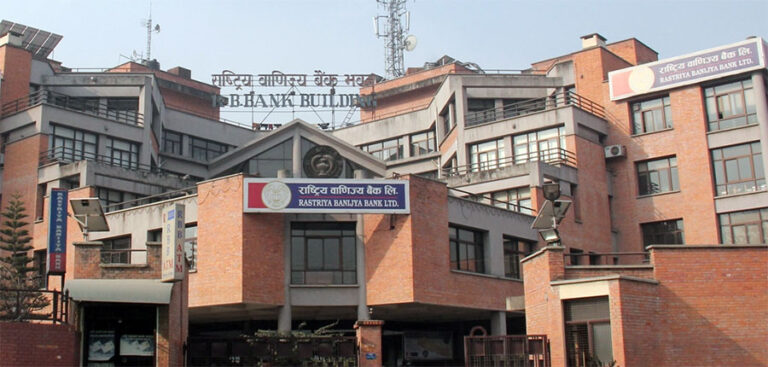
The Olkhe festival is being celebrated today with much enthusiasm across Sudurpaschim Province, including the hilly district of Doti. Traditionally observed after the end of the monsoon showers, the festival marks joy and gratitude for surviving natural calamities during the rainy season.
On this day, people enjoy special delicacies, play on traditional babiyo swings, and share vegetables such as gourd, cucumber, brinjal, radish, yogurt, and leafy greens with relatives. The word Olkho refers to a small gift or token of respect offered to elders, respected figures, or senior citizens. Customs such as offering inner gourd leaves and fruits, eating festive food, and applying henna on hands are considered important features of the festival.
In the past, outbreaks of diseases like measles, diarrhea, dysentery, and cholera were common during the rainy season. Hence, Olkhe came to be celebrated as a way of expressing happiness for surviving such hardships.
According to the chief priest of the renowned Badikedar shrine, Siddharaj Binadi, the festival also signals the beginning of the festive season in Sudurpaschim, with major celebrations like Gaura and Teej following soon after.
Mythological beliefs connect the festival with the slaying of the demoness Putana by Lord Krishna. It is said that Krishna’s cowherd friends cremated Putana’s body during this period, which is symbolically observed by burning an effigy known as Budi Polne (burning the old woman).
Although celebrated in different ways, the central message of Olkhe is to strengthen bonds of friendship and brotherhood. Marking the occasion, the Sudurpaschim provincial government has declared a public holiday today.




